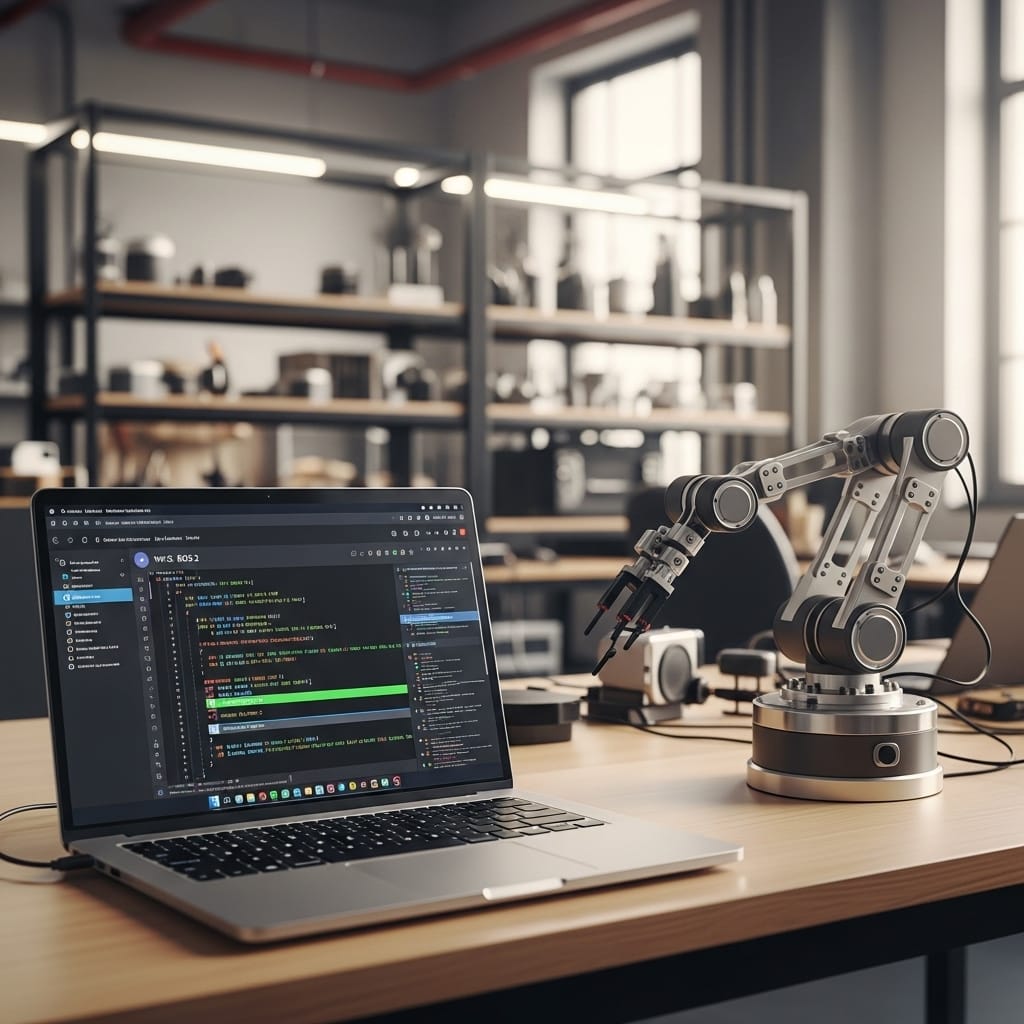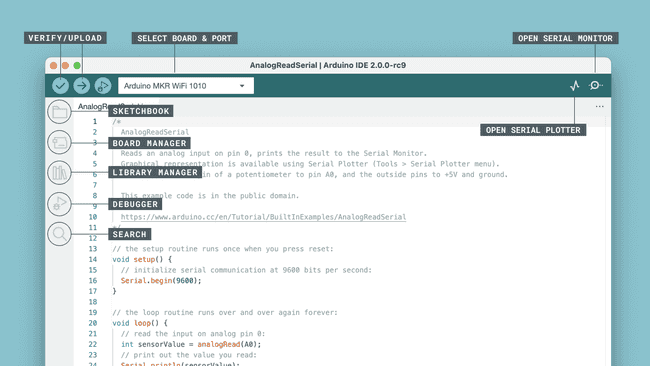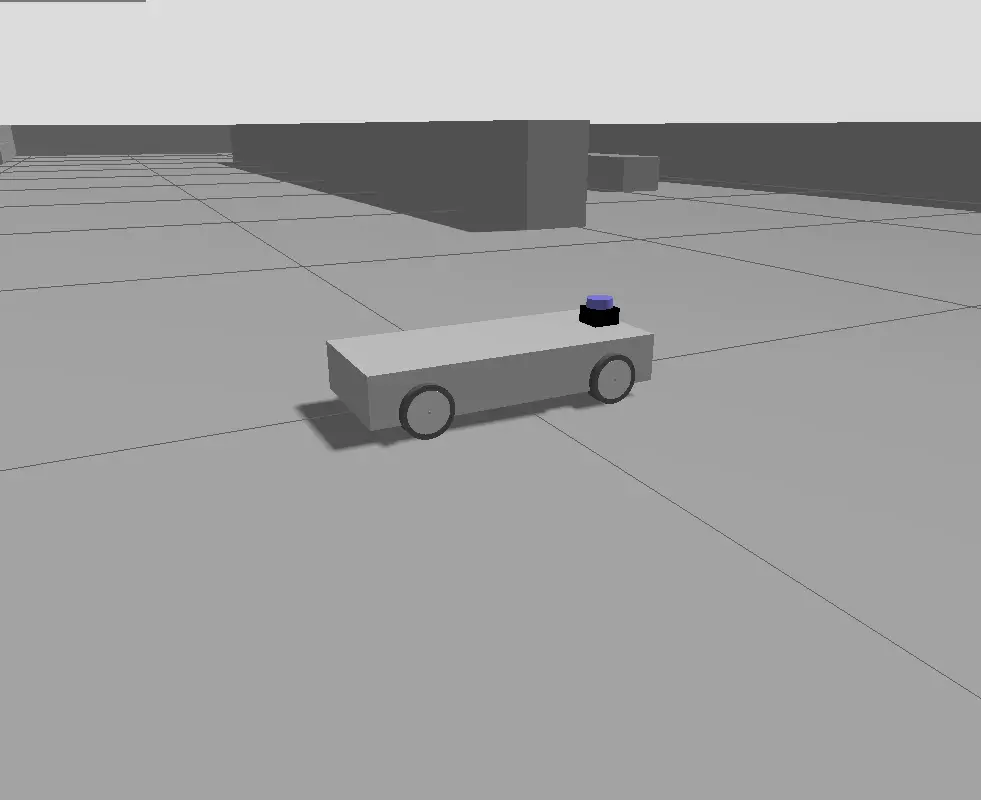
✨ ROS 2 C++ Debugging Setup with VS Code
For our developers working in robotics in Berlin with ROS
Are you looking to dive deeper into robotics, perhaps even considering a “Robotics Course in Berlin”? If you’re serious about building sophisticated robotic projects, you’ve probably encountered the default Arduino IDE. While it’s a fantastic starting point, at RobotX we want to equip our students with the most powerful and efficient tools available. That’s why our robotics courses in Berlin focuses on using VS Code with PlatformIO for development when using Arduino – and in this post, we’ll explain why you should too!
The Arduino IDE is renowned for its simplicity, making it incredibly accessible for newcomers to embedded programming. It’s easy to write a quick sketch, compile, and upload. However, as your projects grow in complexity, you’ll likely hit its limitations:

Visual Studio Code (VS Code) is a free, open-source code editor developed by Microsoft that has quickly become a favorite among developers across various disciplines. When combined with the PlatformIO IDE extension, it transforms into an incredibly powerful and versatile environment for embedded development, far surpassing the capabilities of the standard Arduino IDE.
Here’s why we advocate for VS Code and PlatformIO in our “Robotics Course in Berlin”:
Professional-Grade Code Editing:
Seamless Project Management with PlatformIO:
Enhanced Collaboration and Version Control:
Here is a great video with more details on how to get setup from a entertaining youtuber J’s e-shack
By embracing VS Code and PlatformIO, you’re not just learning to program a robot; you’re learning industry-standard development practices. This skill set is invaluable whether you’re building a personal project, contributing to open-source robotics, or pursuing a career in the field.
In our “Robotics Course in Berlin,” we guide you through setting up this powerful environment and leverage its features to tackle challenging robotics tasks, from sensor integration and motor control to advanced algorithms. You’ll gain a deeper understanding of your code, debug more effectively, and ultimately build more robust and complex robotic systems.
If you’re in Berlin and serious about taking your robotics skills to the next level, consider enrolling in our various robotics courses in Berlin. We’ll show you firsthand how VS Code and PlatformIO can revolutionize your workflow and empower you to build the robots of tomorrow.

For our developers working in robotics in Berlin with ROS

The world of robotics is undeniably exciting, and getting hands-on